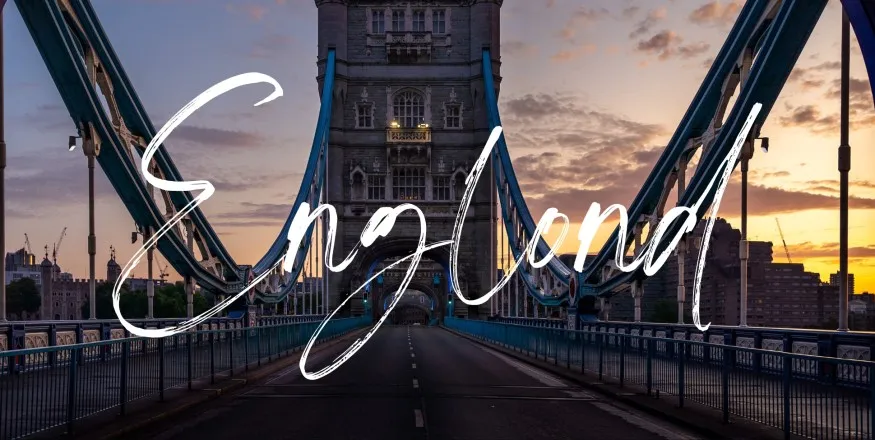In the hushed glow of morning or beneath the sterile fluorescence of the ward, life persists—not loudly, but in quiet, steady pulses. As a doctor, I dwell within a space suspended between sorrow and solace, where moments stretch between despair and deliverance. Each heartbeat, each silent interval, speaks a language that transcends sound—an intimate whisper of meaning felt more than seen.
Medicine is no mere science; it is a tapestry, meticulously threaded with stories, emotions, and ephemeral truths. Within the walls of hospitals, life unfolds in its most fragile forms—sometimes blooming with unanticipated joy, other times folding into itself with quiet grief. Every patient brings a story. Some are defiant tales of survival against the odds; others, more sombre, bear the weight of loss, of letting go.
Silence, that most underestimated companion in clinical settings, carries with it a particular eloquence. It is not empty. Rather, it is filled with reflection, with the weight of unspoken understanding. In the stillness of a consultation room or beside a hospital bed, silence becomes a kind of communion—between doctor and patient, between hope and resignation, between the known and the unknowable.
And then there is the heartbeat—rhythmic, insistent, alive. More than a physiological phenomenon, it is a metronome of human resilience, quietly affirming the presence of hope even in the most desolate of circumstances. Through arteries and veins course the stories of lives lived: of love once shared, of regrets buried deep, of fears spoken in hushed tones. The pulse, in its constancy, reminds us that we are not just treating conditions—we are bearing witness to human beings in all their vulnerability and strength.
Hope, in this world of medicine, is not a grand declaration. It is gentle, almost shy—yet steadfast. It weaves through the corridors, softening the blow of bad news, lifting the veil of uncertainty, offering reprieve where none seems possible. It exists in a touch, a look, a word withheld out of compassion. It does not erase suffering, but it tempers it, giving it shape, giving it dignity.
In this ever-shifting emotional terrain, we as doctors play dual roles: scientist and storyteller, healer and human. We learn to hold space for both precision and empathy, for algorithms and uncertainty. Every diagnosis, every treatment plan, echoes not just with clinical rationale but with the weight of human consequences. And so, with each decision, we edge closer to understanding that the practice of medicine is as much about being present as it is about being right.
To live in rhythm with this vocation is to accept that we are always learning—about bodies, yes, but also about courage, sorrow, gratitude, and grace. We come to honour not just the life that can be saved, but also the lives that cannot. For in every patient’s silence lies a universe of meaning, and in every shared moment, a quiet miracle.
We do not walk this journey alone. Alongside our patients, we navigate the fragility and fullness of existence, moving through the shadows with hands outstretched and hearts alert. Each pulse we feel is a reminder: there is something deeply personal in this collective journey, something sacred in the act of listening—truly listening—to what is not said.
And so, as life and death continue their age-old waltz, we remain poised in the middle, bearing witness to the mystery. In every beat, every breath, every stillness, we are reminded that medicine is not merely the art of healing—it is the art of seeing, of understanding, and of remembering that behind every chart, every scan, every silence, lies a story aching to be heard.
ns216.73.216.239da2





















